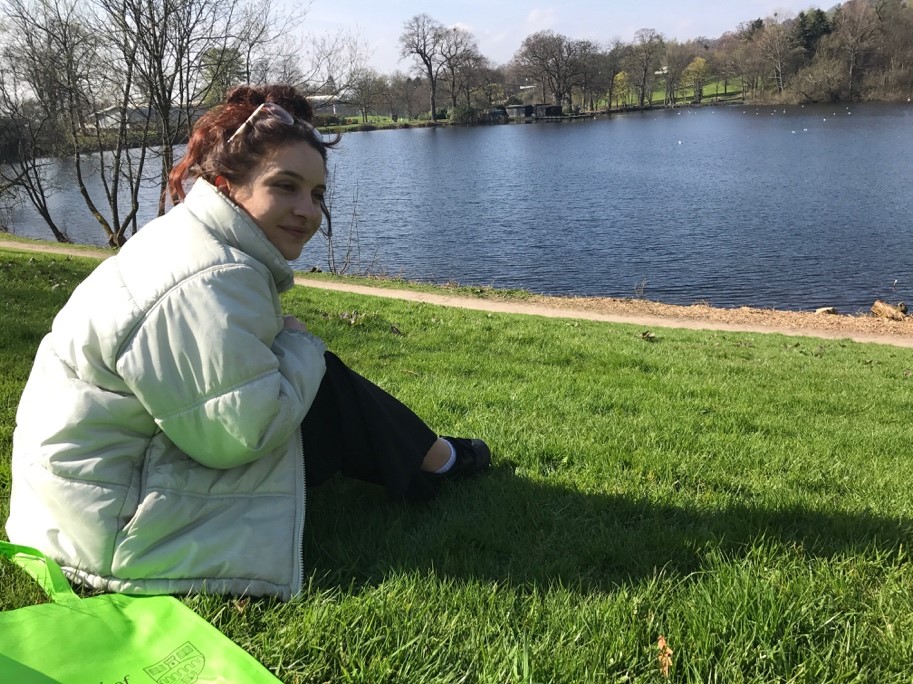As a Spanish immigrant studying in London, the prospect of choosing a university amidst the aftermath of the Brexit election proved a demanding task. I felt uncertainty all around me, which was increased by my doubts about not knowing what to study. The University of Stirling not only made me feel welcome as a European, but its degree of flexibility also allowed me to explore with freedom my different interests. Although, I soon realised that Stirling was much more. It was its vibrant mountains, the fresh air and the loch. It was the tranquil atmosphere and the friendliness of its people. It was about the sense of community that could be felt everywhere.
Meeting people happened spontaneously and without thinking, as everyone seemed to be in the same place: wanting to connect by trying societies, going to events and exploring the University. Looking back, this never stopped. I continued to sign up for opportunities and to meet people along the way. With some friends, we created a Literature Society that kept transforming every semester. I became a Student Ambassador, where I met all sorts of people from all around the world. In my fourth year, I became a Faculty Officer to support the community of students struggling with the pandemic. And in the midst of this, the dynamic atmosphere of Scotland provided opportunities for travelling with friends and going out, engaging with art and activism, or enjoying a tea while reading in the homeliest cafes.
On the academic side of things, a phrase by one of my teachers summarises what studying at Stirling felt like for me. She finished a lecture with the following suggestion: ‘This is what I think. It is the argument that runs in my work. But of course, I am teaching it to you so, at some point in your degree, you can form your own opinion and disagree with me.’ My teachers were always passionate and devoted to their subjects, but they were also open-minded to hear their students’ voices. They expected difference of opinion and debates — they used disagreement to promote learning. Classes always revolved around constructive conversations, and for assignments, there was often the option to generate your own research questions. I also felt inspired by the Student’s Union and their commitment to equality, diversity and inclusion. Coming from a place where student representation is lacking, and where tradition dominates education, I was impressed and amazed by the role and power that the student community had to foster change and press matters of social and environmental justice.

Many unexpected things happened during my time at Stirling and still I never stopped feeling at home, heard, seen, taken care of, within the walls of the Stirling community. It was a difficult decision to leave due to the allure of this place, but the people that I have met and the strength and devotion of my teachers, I know will always accompany me.

